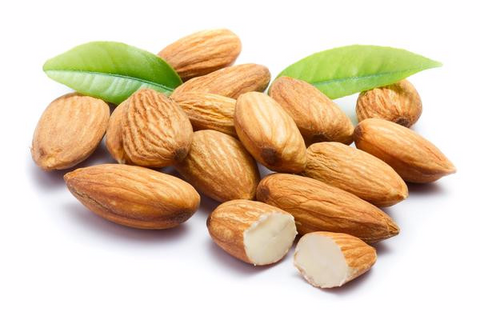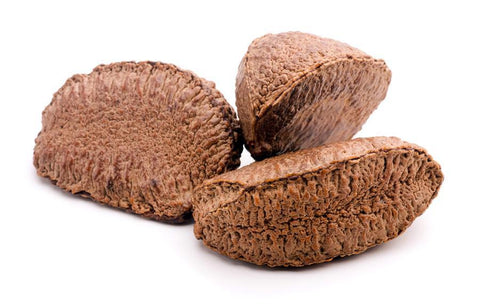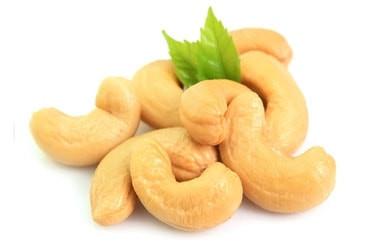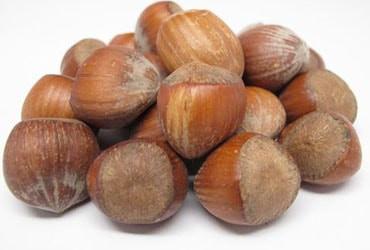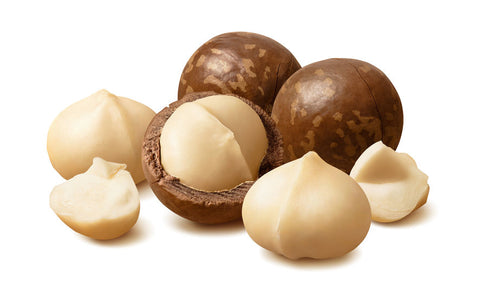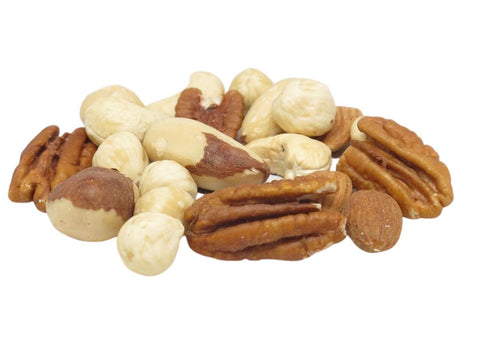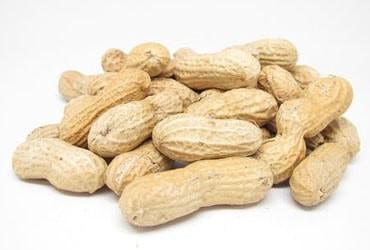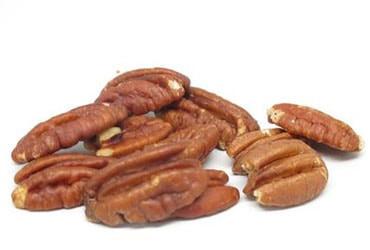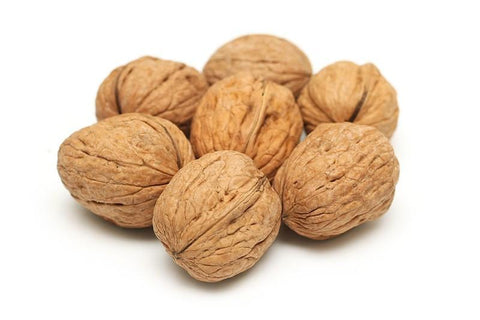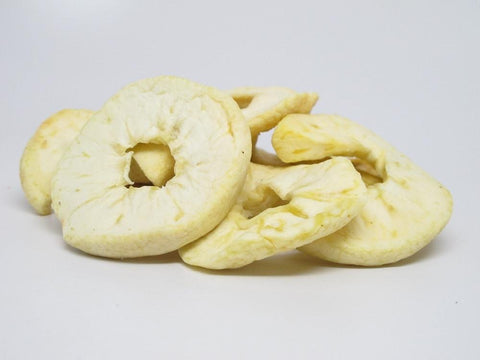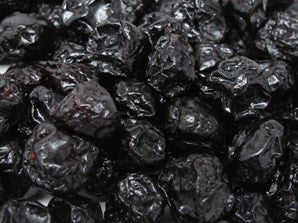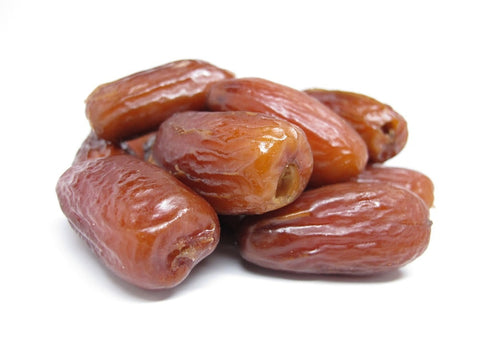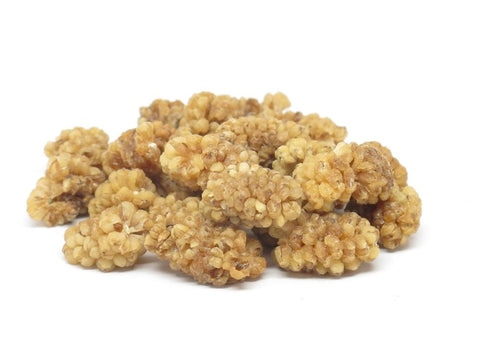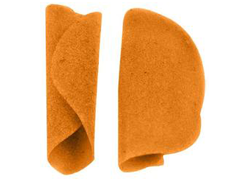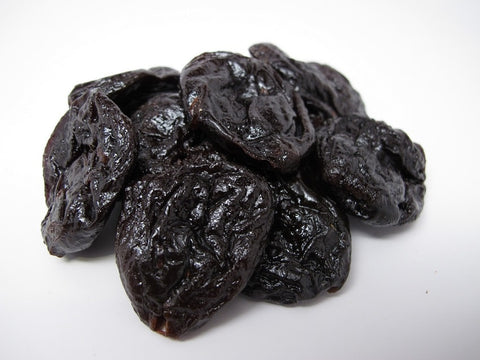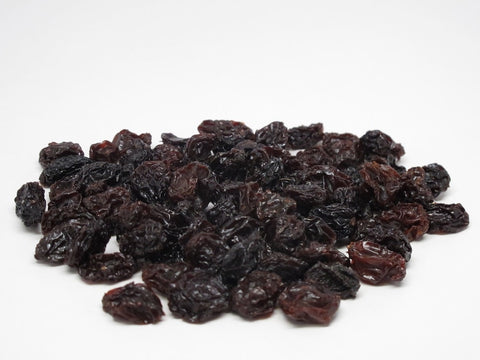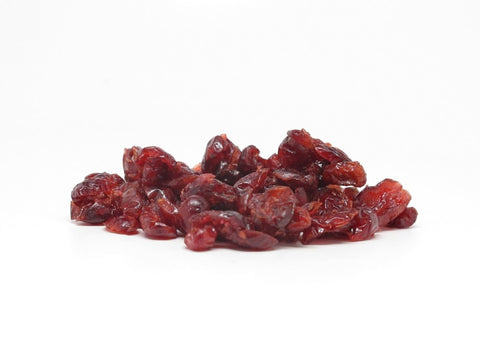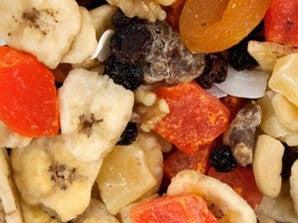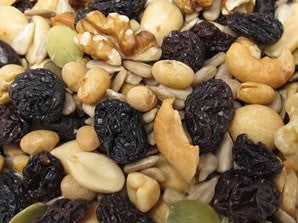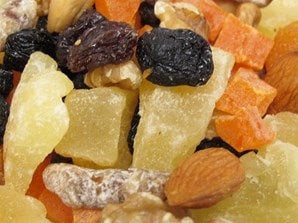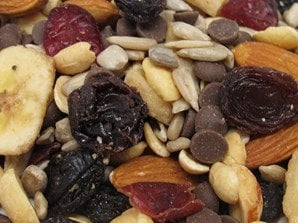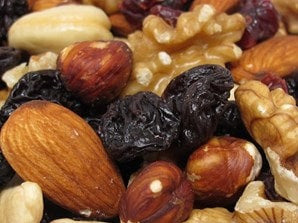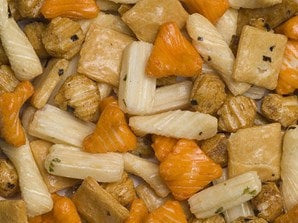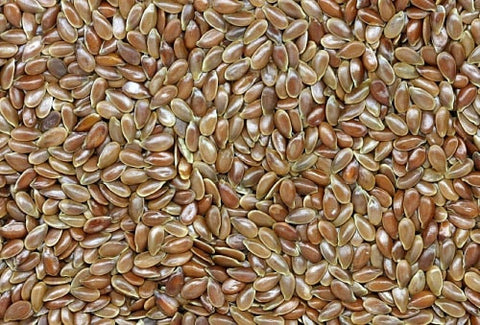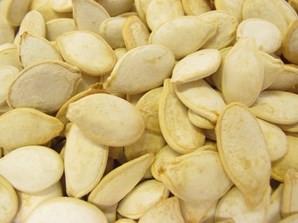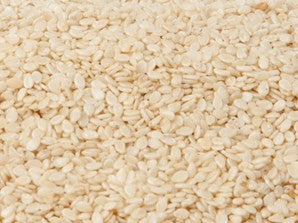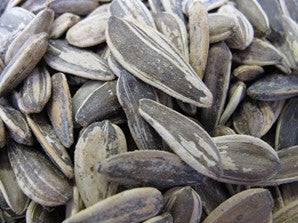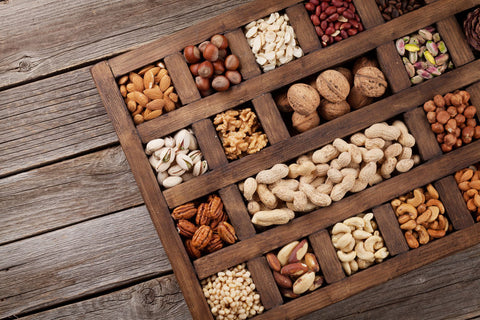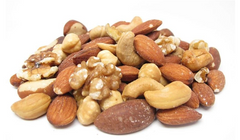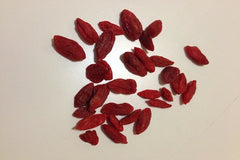If you are a snacker, but you wish to eliminate chips and candies from your diet, nuts are one of the healthy options available. They are rich in fat—good fat. Apart from this, they also provide good amounts of protein and fiber.
Various studies continue to show how healthy and beneficial nuts can be especially when it comes to fighting heart disease. Here are more benefits nuts can give you:
• Protein
• Fiber
• Monounsaturated fat
• Omega-3 and Omega-6 polyunsaturated fat
• Vitamin E, magnesium, and other vitamins and minerals
• Prevents chronic diseases such as elevated cholesterol levels, high blood pressure, and other metabolic syndromes
• Longevity
• Has little effect on a person’s weight loss or weight gain
• Helps reduce the risk of developing cancers and chronic illnesses such as diabetes and cardiac diseases
Below are some of the healthiest, most impressive nuts you can add to your snack list:
Pistachios. Like almonds, pistachios can improve your cholesterol levels. Consuming 2 to 3 oz or 56 to 84 g of pistachios each day can help raise levels of HDL (high-density lipoproteins) or good cholesterol. Rich in fiber, these nuts may also aid in improving weight, blood pressure, and oxidative status, which attributes to the oxidized substances in the blood. These chemicals then contribute to cardiac disease. Pistachios can also prevent the abrupt rise in your blood glucose levels after each meal. When consumed in high amounts (at least 1 oz or 25 g a day), these nuts help reduce the risks in developing heart conditions.
Every handful or 28 g of pistachios contain:
• 12.5 g of fat
• 156 calories
• 8 g of carbohydrates
• 6 g of protein
• 3 g of fiber
• 8% RDI for Magnesium (Reference Daily Intake)
• 3% RDI for Vitamin E
Almonds. These nuts may improve your levels of cholesterol. Studies have shown that a diet rich in almonds can decrease LDL (low-density lipoproteins) or bad cholesterol, oxidized LDL cholesterol, and total cholesterol. Almonds included in a diet that’s low in calories can reduce blood pressure and help in weight-loss efforts in those who are obese or overweight. Almonds also help reduce inflammation in Type II diabetics. These nuts may also benefit your gut by serving as healthy food to Lactobacillus and Bifidobacteria.
Each small handful or 28 grams of almonds contain:
• 14 g of fat
• 161 calories
• 6 g of carbohydrates
• 6 g of protein
• 3.5 g of fiber
• 19% RDI for Magnesium
• 37% RDI for Vitamin E
Pecans. Commonly used in desserts, pecans can reduce the levels of bad cholesterol. They contain polyphenols, which serve as antioxidants. In a study conducted on a group of people for four weeks, the participants had pecans making 20% of their daily diet. By the end of the study, their blood’s antioxidant profiles improved.
A serving of pecans has:
• 20 g of fat
• 193 calories
• 4 g of carbohydrates
• 3 g of proteins
• 2.5 g of fiber
• 8% RDI for Magnesium
• 2% RDI for Vitamin E
Peanuts. Though members of the legume family, peanuts have the same health benefits as tree nuts. Studies have shown that at least 120,000 people who incorporated more peanuts in their diet were connected to reduced death rates. These legumes are also good for the heart. Another study proved that women who consumed peanut butter at least five times each week had lower percentages of Type II diabetes. If a mother ate peanuts at least once every week while pregnant, the children were found to be less likely to develop allergies and asthma. Just make sure the peanut butter is organic and has more peanuts than preservatives. Plain, unflavored, unsalted peanuts are best.
One ounce of peanuts have:
• 17 g of fat
• 176 calories
• 5 g of carbohydrates
• 4 g of protein
• 3 g of fiber
• 11% RDI for Magnesium
• 21% RDI for Vitamin E
Walnuts. These well-loved nuts are prime sources of omega 3 fatty acids ALA (alpha-linolenic acids). There have been huge studies stating walnuts lower levels of bad cholesterol (LDL) and total levels of cholesterol, as it increases the good cholesterol (HDL). Walnuts also enhance blood circulation, improve blood pressure, and lower the degree of inflammation that contributes to numerous chronic diseases. Eating walnuts benefits brain function and health as well.
Every 28-gram serving of walnuts contain:
• 18 g of fat
• 182 calories
• 4 g of carbohydrates
• 4 g of protein
• 2 g of fiber
• 11% RDI for Magnesium
• 1% RDI for Vitamin E
Cashews. Studies have been conducted to see if eating cashews regularly can improve metabolic syndrome symptoms:
• A diet that gets 20% of its calories from cashews improved a metabolic syndrome patient’s symptoms
• Cashews contain antioxidants
• High consumption of cashews may elevate blood sugar levels in patients diagnosed with metabolic syndromes.
• Cashews increase HDL levels and reduce blood cholesterol
Each ounce of cashews contains:
• 12 g of fat
• 155 calories
• 9 g of carbohydrates
• 5 g of protein
• 1 g of fiber
• 20% RDI for Magnesium
• 1% RDI for Vitamin E
Macadamia nuts. You can improve your heart health by including macadamia nuts in your diet because they are rich in monounsaturated fat. These nuts reduce bad cholesterol and the total cholesterol levels in the blood. They also reduce oxidative stress, inflammation, and other risk factors for developing cardiac disease. A diet rich in macadamia nuts yields effects much like the heart diet advised by the American Heart Association.
Every 28 grams of macadamia nuts provide:
• 21 g of fat
• 200 calories
• 3 g of carbohydrates
• 2 g of protein
• 2.5 g of fiber
• 9% RDI for Magnesium
• 1% RDI for Vitamin E
Brazil nuts. The Amazon offers these selenium-rich nuts. Selenium is a known antioxidant. It is so potent that you only need it in small amounts to help with your body’s processes. An ounce of Brazil nuts can give you 100% RDI for selenium. People were selected to eat a Brazil nut daily for three months. After the trial, their blood had antioxidant effects and their selenium levels went back to normal levels. Brazil nuts also decrease blood cholesterol levels. They can also improve the function of blood vessels of obese teens, reduce inflammation (in hemodialysis patients and healthy people), and lower oxidative stress.
One ounce of Brazil nuts contains:
• 18 g of fat
• 182 calories
• 3 g of carbohydrates
• 4 g of protein
• 2 g of fiber
• 26% RDI for Magnesium
• 8% RDI for Vitamin E
Hazelnuts. Like the healthy nuts above, hazelnuts are also good for the heart’s health. A study discovered that a diet rich in these nuts can reduce triglyceride, total cholesterol, and LDL levels in the blood. Hazelnuts also reduce inflammation, increase amounts of vitamin E, and improve the function of blood vessels.
Every serving of hazelnuts contains:
• 9 g of fat
• 176 calories
• 6 g of carbohydrates
• 6 g of protein
• 3.5 g of fiber
• 20% RDI for Magnesium
• 37% RDI for Vitamin E
